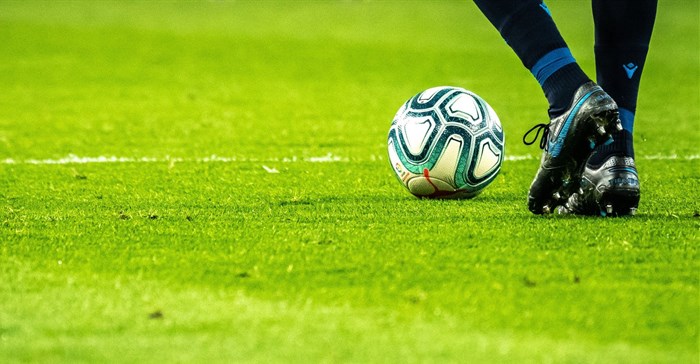
African football fans won't be able to watch the big matches on TV - what went wrong and how to fix it

How important are TV rights to African football?
TV rights are particularly critical because alternative commercial revenues such as sponsorships and merchandising are more limited in Africa.
Access to these broadcasting deals provides critical funds to help grow and support African football at various levels, including administration and funding for national associations and players.
Moreover, most global football viewers familiar with the top African stars who play in Europe are unable to see these players featuring for their home countries without these broadcasting deals.
What was the beIN deal?
The deal was signed in 2017 and was to last 12 years, until 2028. It allowed three Caf competitions – the Africa Cup of Nations (Afcon), the Caf Champions League and the Caf Confederation Cup – to be broadcast live in 40 countries across the world, including the Middle East, Europe and the US.
The relationship between Caf and beIN Sports began in 2009. BeIN became Caf’s anchor partner after Caf’s disagreement with Lagardère Sports and Entertainment in 2019 and the termination of that contract. Caf has now terminated the beIN deal too.
Caf is now potentially left without a broadcast partner in key markets. This TV blackout is set to happen just a few months ahead of Afcon, Caf’s flagship tournament, which is due to be hosted by Côte d'Ivoire in January 2024. There are also World Cup qualifiers and continental club competitions scheduled soon.
How will this affect fans?
Fans all over the world will not be able to watch their heroes live on television. It will adversely affect interest in African football, which has attracted increasing attention in recent years.
How do Caf’s deals compare with global ones?
Caf’s deal with beIN is exclusionary: one major broadcaster has rights to all the big tournaments. Most global confederations allow competition among broadcasters, with each assigned a slice of a tournament. For example, in Europe the Champions League rights are divided among separate broadcasters. In other cases, different tournament in the region are each assigned to different broadcasters.
Caf’s approach of handing out one monopoly agreement was the crux of the Egyptian Competition Authority’s 2019 legal challenge to Caf’s media rights contract with Lagardère. As a result Caf cancelled the $1 billion deal with the French company, citing anti-competitiveness as one of the reasons. A subcontractor, SuperSport, also withdrew from the deal, leaving most of Africa unable to access important continental matches on TV. It reportedly cost Caf $50 million to get out of the Lagardère deal.
What happened in the latest case?
CAF claims contractual breach, including an alleged $80 million in unpaid debt from beIN.
But beIN is threatening to challenge Caf in court. It alleges that Caf made the decision to cancel without following its own internal processes.
The company believes it is owed the $80 million it is withholding from paying Caf, arguing it has suffered the impact of Afcon being postponed twice at the last moment – first due to COVID-19 and then due to weather – and that Caf has so far dismissed any attempts to reassess the value of the deal. (In similar situations at other confederations, deals were reassessed – such as Sky Sports receiving a $213.5 million rebate from the English Premier League because of COVID disruptions.)
BeIN also says that Caf’s 2022 announcement of a new Africa Super League club tournament led to the undervaluing of the deal.
Are broken deals like this unusual in world football?
No. The Asian Football Confederation cancelled media rights with Eleven Sports for restructuring its Asian operation. The confederation also terminated a deal with China’s LeSports for falling behind in payments. In 2020, the South American Football Confederation sued TV Globo for $120 million over unpaid fees.
But Caf’s two contract cancellations are based on different reasons: violation of anti-competition laws and a dispute over contract value.
How should Caf change the way it deals with TV rights?
Caf must now look to negotiate new deals that are similar to those negotiated by other confederations. For instance, there could be separate broadcasters for each of the continent’s top competitions, including the new Africa Super League.
New deals should avoid monopoly agreements that drastically affect the coverage of all continental games during contract disagreements or renegotiations.
This article is republished from The Conversation under a Creative Commons licence. Read the original article https://theconversation.com/african-football-fans-wont-be-able-to-watch-the-big-matches-on-tv-what-went-wrong-and-how-to-fix-it-213256.
